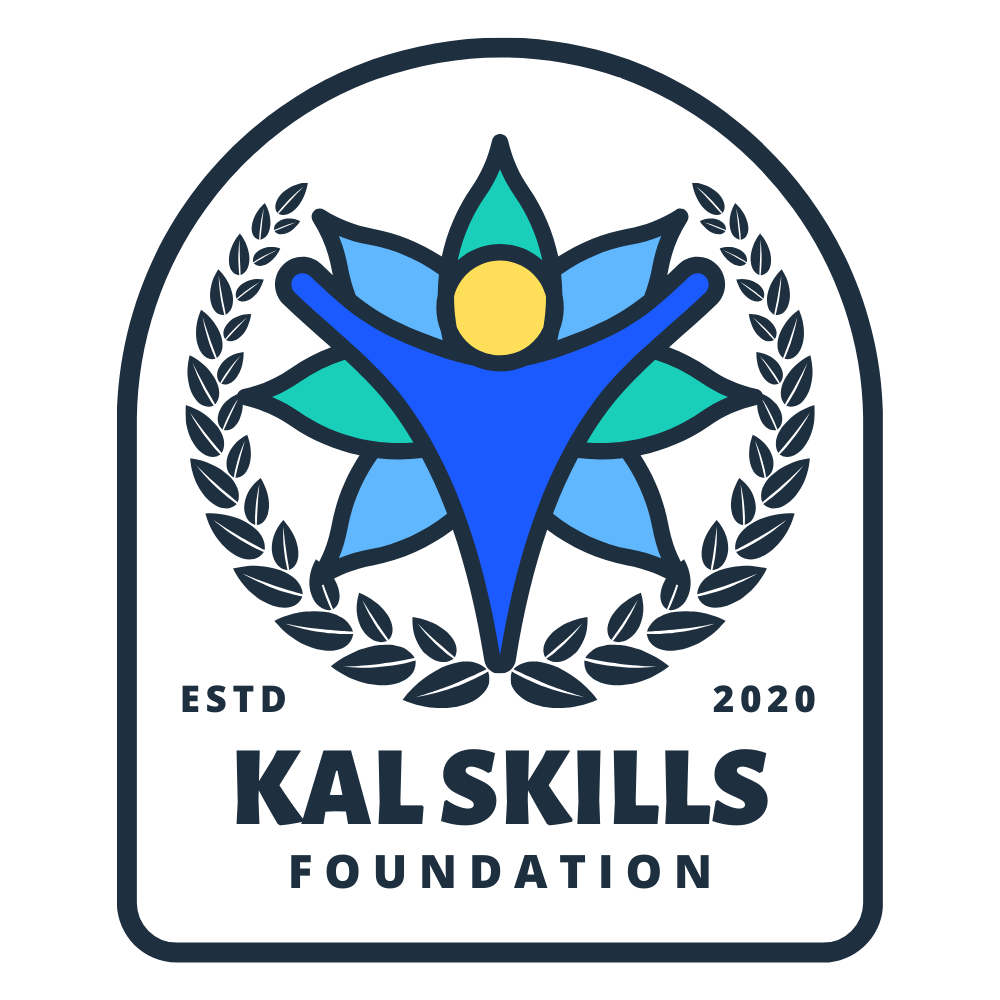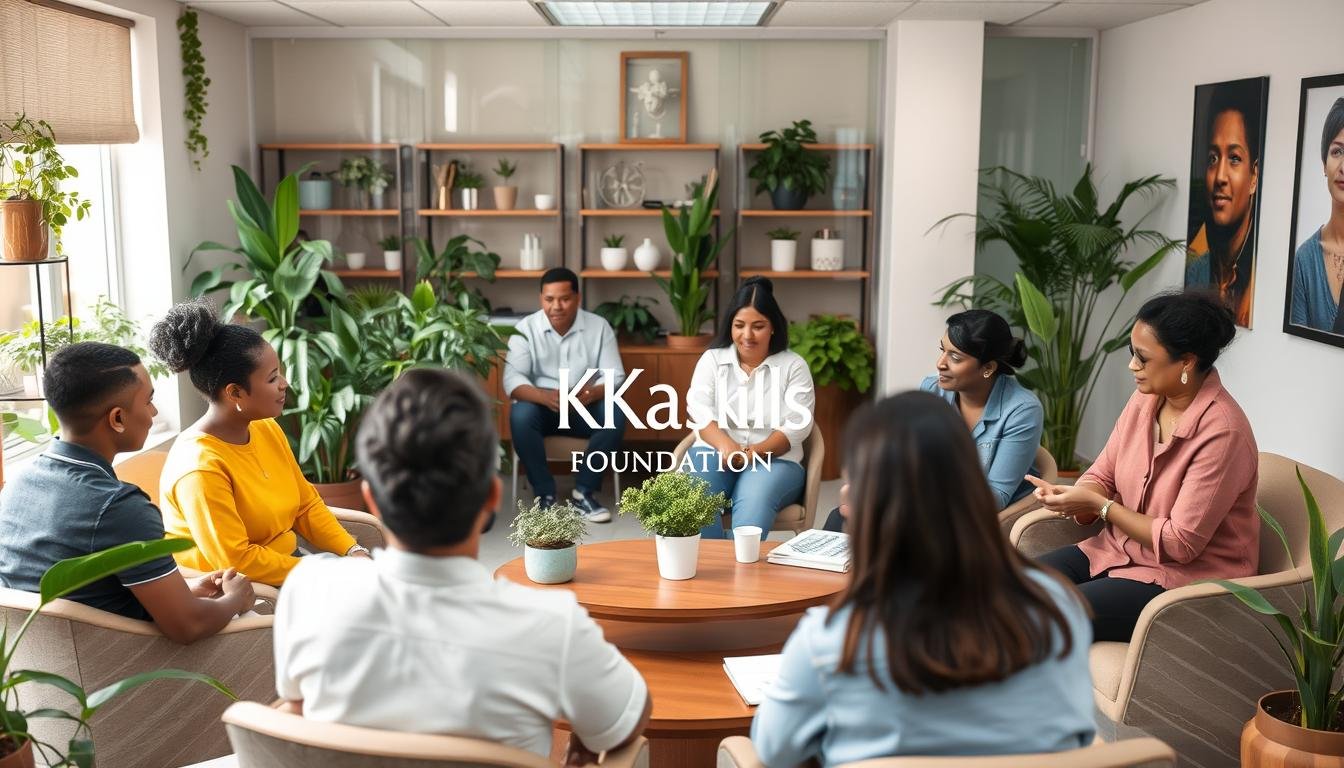The Importance of Balance: Exploring Balance in Holistic Growth
When it comes to personal growth and development, achieving balance is key. Balance is not just about finding equilibrium in different aspects of our lives, but also about nurturing our mind, body, and soul. In this article, we will delve into the importance of balance and how it contributes to holistic growth.
Balance is often associated with stability and harmony, and it plays a crucial role in our overall well-being. Imagine a tightrope walker trying to maintain balance while walking on a thin wire. If they lean too much to one side, they risk falling off. Similarly, in our lives, if we neglect one area while focusing too much on another, we may find ourselves feeling unfulfilled and lacking a sense of purpose.
When we talk about balance in holistic growth, we mean achieving harmony in all aspects of our lives – physical, mental, emotional, and spiritual. It is about nurturing each of these areas to create a well-rounded and fulfilled life. Without balance, we may excel in one area, but at the expense of others.
Let’s start with the physical aspect of balance. Taking care of our bodies is essential for overall well-being. This includes maintaining a healthy diet, engaging in regular exercise, and getting enough rest. When we neglect our physical health, it can have a negative impact on other areas of our lives. We may feel lethargic, lack focus, and struggle with mental clarity.
Next, let’s explore the mental aspect of balance. In today’s fast-paced world, our minds are constantly bombarded with information and stimuli. It is important to find ways to quiet our minds and create space for reflection and self-care. This can be achieved through practices like meditation, journaling, or engaging in hobbies that bring us joy and relaxation.
Emotional balance is another crucial aspect of holistic growth. It involves recognizing and managing our emotions in a healthy way. This includes developing self-awareness, practicing self-compassion, and building strong relationships with others. When we are emotionally balanced, we are better equipped to handle stress, navigate challenges, and maintain healthy connections with those around us.
Lastly, but certainly not least, is the spiritual aspect of balance. This does not necessarily refer to religious beliefs, but rather to our connection with something greater than ourselves. It can be finding purpose and meaning in our lives, connecting with nature, or engaging in practices that nurture our soul. When we have a sense of spiritual balance, we feel a deeper sense of fulfillment and purpose.
By nurturing each of these aspects – physical, mental, emotional, and spiritual – we create a foundation for holistic growth. When we achieve balance in all areas of our lives, we are better equipped to handle challenges, pursue our goals, and live a fulfilling and meaningful life.
When it comes to achieving balance, one must first understand that it is a highly individualized concept. What works for one person may not work for another. Each individual has their own unique set of values, priorities, and circumstances that influence what balance looks like for them.
For some, balance may mean dedicating a significant amount of time and energy to their career to achieve professional success, while others may prioritize their personal relationships and spend more time nurturing their connections with loved ones. Some may place a strong emphasis on physical health and wellness, while others may prioritize their mental and emotional well-being.
It is important to note that balance does not necessarily mean equal distribution or allocation of time and energy to each aspect of life. It is about finding the right proportions and making conscious choices to ensure that all areas receive the attention they need, based on individual priorities and goals.
Furthermore, balance is not a one-time achievement but an ongoing process. As circumstances change and new challenges arise, our definition of balance may also evolve. It requires continuous self-reflection, evaluation, and adjustment to maintain harmony and fulfillment in our lives.
Striving for balance also involves recognizing that it is normal to experience periods of imbalance. Life is full of ups and downs, and there will be times when certain areas of our lives require more attention than others. It is during these times that we must be flexible and adaptable, allowing ourselves to temporarily shift our focus and energy to address the immediate needs and demands of the situation.
In conclusion, balance is a dynamic and personal concept that involves finding the right mix of various elements in our lives. It requires self-awareness, conscious decision-making, and ongoing adjustment to ensure that our needs are met and our overall well-being is maintained. By understanding our own values, priorities, and circumstances, we can strive for a balanced and fulfilling life.
6. Enhanced Creativity: When we achieve balance in our lives, we create space for our creative energy to flow. This allows us to tap into our imagination and come up with innovative ideas and solutions. Whether it’s in our work projects or personal hobbies, balance fuels our creativity and helps us think outside the box.
7. Greater Resilience: When faced with challenges and setbacks, a balanced life provides us with the resilience to bounce back and keep moving forward. By having a well-rounded approach to life, we develop the ability to adapt and recover from difficult situations, making us more resilient and better equipped to handle future obstacles.
8. Improved Decision-Making: When we have balance in our lives, we are better able to make clear and rational decisions. By taking the time to consider all aspects of a situation, weighing the pros and cons, and listening to our intuition, we can make informed choices that align with our values and goals.
9. Increased Happiness: Achieving balance leads to a greater sense of fulfillment and happiness in our lives. When we have a healthy balance between work, relationships, self-care, and personal growth, we experience a deeper sense of satisfaction and contentment. This overall happiness radiates into all areas of our lives, positively impacting our well-being.
10. Personal Growth: Balance allows us to continually grow and evolve as individuals. By allocating time for self-reflection, learning, and personal development, we can expand our knowledge and skills. This ongoing growth not only enhances our own lives but also allows us to contribute more effectively to the world around us.
Strategies for Achieving Balance
1. Prioritize Self-Care: Take time for yourself and engage in activities that bring you joy and relaxation. This could include hobbies, meditation, exercise, or spending time in nature. Prioritizing self-care allows you to recharge and rejuvenate. It is important to remember that self-care is not selfish; it is necessary for your overall well-being. By taking care of yourself, you are better equipped to handle the demands of daily life.
2. Set Boundaries: Learn to say no when necessary and establish healthy boundaries in your personal and professional life. This will help prevent burnout and ensure that your time and energy are allocated appropriately. Setting boundaries means being clear about your limits and communicating them effectively to others. It is about respecting your own needs and making choices that align with your values and priorities.
3. Practice Time Management: Efficiently manage your time by prioritizing tasks and setting realistic goals. This will help you stay organized, reduce stress, and make the most of your day. Time management involves being intentional about how you spend your time and making conscious decisions about what deserves your attention. By effectively managing your time, you can create a sense of balance and accomplishment in your life.
4. Cultivate Mindfulness: Incorporate mindfulness practices into your daily routine. This could involve meditation, deep breathing exercises, or simply being fully present in the moment. Mindfulness helps to reduce stress and increase self-awareness. It allows you to observe your thoughts and emotions without judgment, which can lead to greater clarity and a sense of inner peace. By practicing mindfulness, you can cultivate a deeper connection with yourself and the world around you.
5. Seek Support: Don’t be afraid to ask for help when needed. Reach out to friends, family, or professionals who can provide guidance and support. Building a strong support network is essential in maintaining balance. Surrounding yourself with people who understand and support you can make a significant difference in your ability to navigate life’s challenges. Seeking support is not a sign of weakness, but rather a sign of strength and self-awareness.
By implementing these strategies, you can create a more balanced and fulfilling life. Remember that achieving balance is an ongoing process and may require adjustments along the way. Be patient with yourself and celebrate small victories as you strive for greater harmony in all aspects of your life.
Balance in Different Areas of Life
Work-Life Balance
Work-life balance is about finding the right equilibrium between our professional and personal lives. It involves setting boundaries, managing time effectively, and prioritizing self-care. Achieving work-life balance allows us to excel in our careers while still having time for our personal relationships and hobbies.
Physical and Mental Health
Balance in our physical and mental health involves taking care of our bodies and minds. This includes regular exercise, eating a balanced diet, getting enough sleep, and managing stress. By prioritizing our well-being, we can maintain optimal health and prevent burnout.
Relationships
Balance in relationships involves nurturing connections with family, friends, and romantic partners. It requires investing time and effort into building and maintaining healthy relationships. By finding a balance between giving and receiving, we can create fulfilling and supportive connections.
Personal Growth
Balance in personal growth involves continuously learning and developing ourselves in different areas of life. This could include pursuing hobbies, learning new skills, or engaging in personal reflection. By seeking a well-rounded approach to personal growth, we can expand our horizons and become the best versions of ourselves.
Financial Stability
Another important aspect of balance in life is financial stability. This involves managing our finances wisely, saving for the future, and avoiding excessive debt. By achieving financial stability, we can reduce stress and have the freedom to pursue our goals and dreams without constant worry about money.
Social Life
Balance in our social life is crucial for our overall well-being. It involves maintaining a healthy social network, spending quality time with friends and loved ones, and participating in social activities that bring us joy. By nurturing our social connections, we can feel a sense of belonging and support, which contributes to our happiness and fulfillment.
Spirituality
Balance in spirituality involves connecting with a higher power or a sense of purpose. This could be through religious practices, meditation, or engaging in activities that bring us closer to our spiritual beliefs. By nurturing our spirituality, we can find inner peace, clarity, and a deeper understanding of ourselves and the world around us.
Leisure and Recreation
Balance in leisure and recreation is essential for our mental and emotional well-being. It involves engaging in activities that bring us joy, relaxation, and a break from our daily routines. This could include hobbies, travel, reading, or any other form of recreation that allows us to recharge and rejuvenate.
Environmental Consciousness
Balance in environmental consciousness involves being mindful of our impact on the planet and taking steps to reduce our carbon footprint. This could include practicing recycling, conserving energy and water, and supporting sustainable practices. By being environmentally conscious, we can contribute to the well-being of the planet and future generations.





